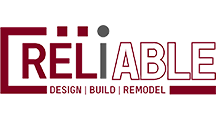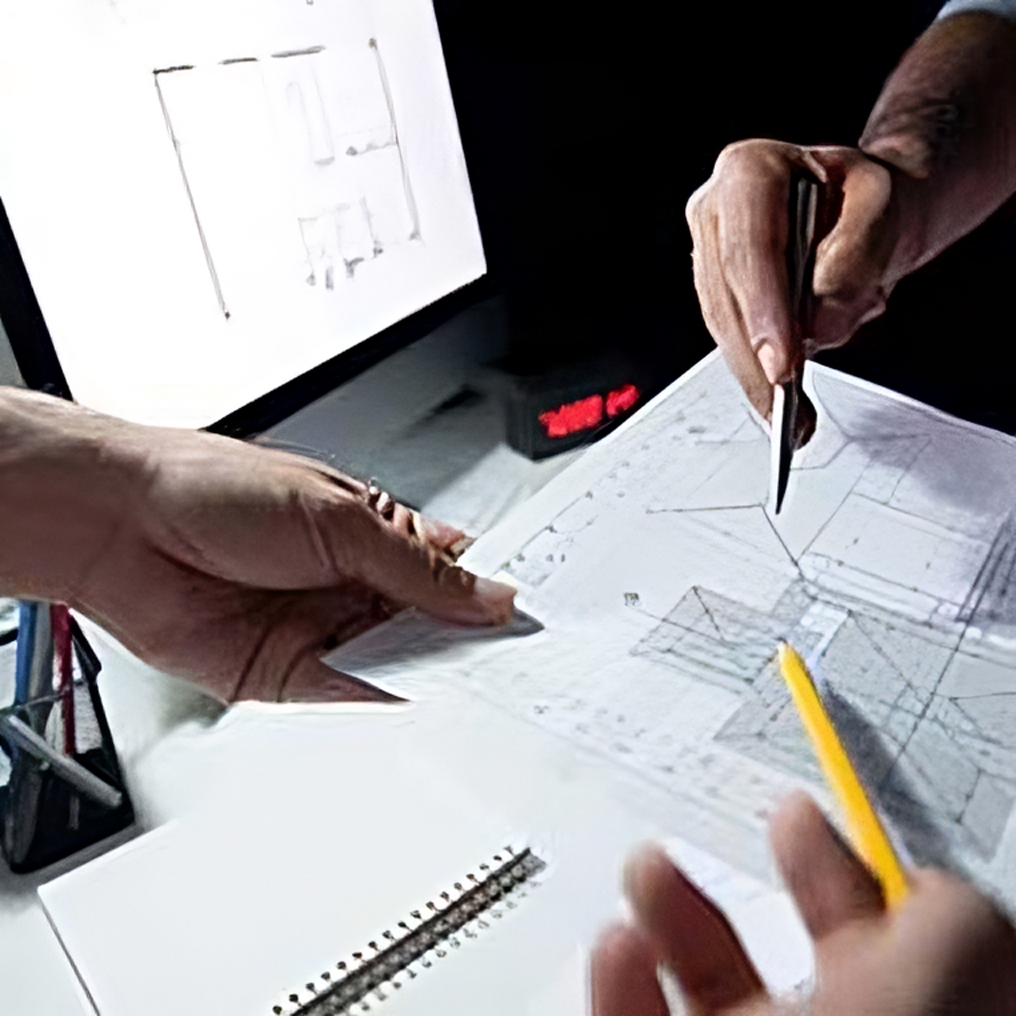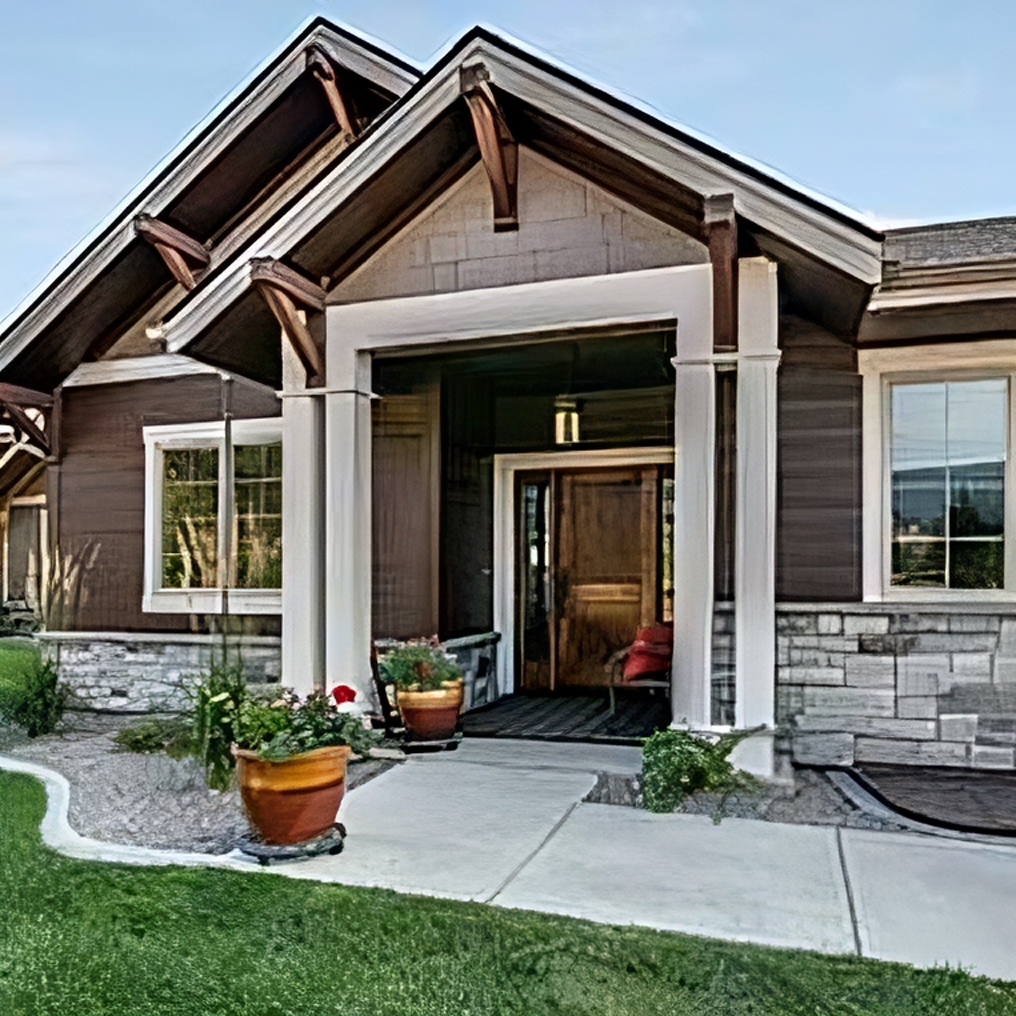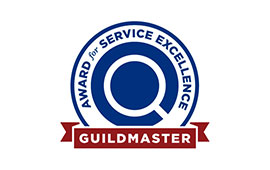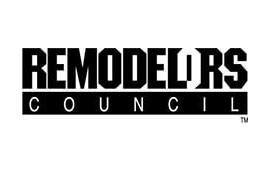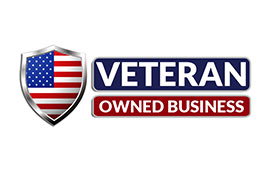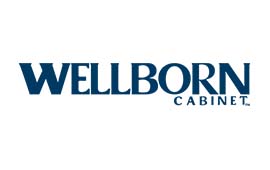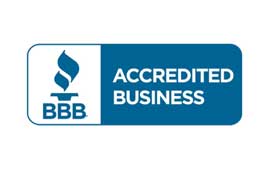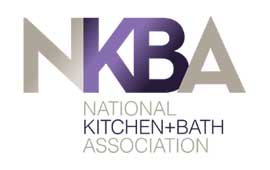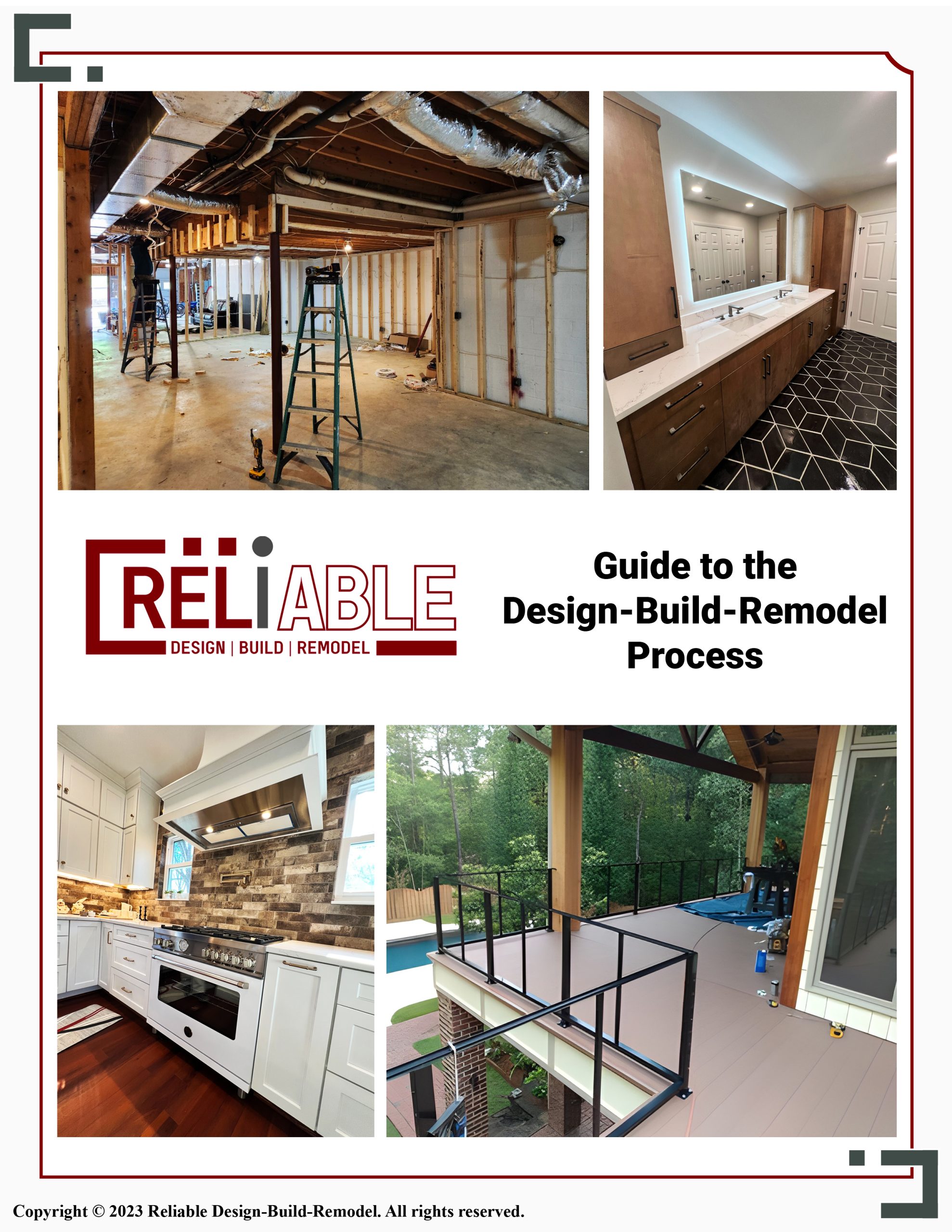PVC pipes, also known as polyvinyl chloride pipes, are a versatile and widely used material in the construction and plumbing industries. They offer numerous benefits and are used for various applications due to their durability, affordability, and ease of installation. In this blog post, we’ll delve into the question: What is PVC pipe? What it is, its uses, the differences between PVC and plastic pipes, the pros and cons of PVC plumbing, and more.

What is PVC pipe used for?
PVC pipes are commonly used for plumbing, irrigation, drainage systems, and in various construction projects. They are ideal for carrying water, sewage, and other fluids due to their corrosion-resistant properties. Schedule 80 PVC pipes are also used in electrical conduits, as they are non-conductive and provide excellent protection for wiring.
What is the difference between PVC and plastic pipes?
While PVC pipes are a type of plastic, there are differences between PVC and other types of plastic pipes, such as polyethylene (PE) or polypropylene (PP) pipes. PVC pipes are rigid and strong, making them suitable for pressurized applications like water supply lines. On the other hand, PE and PP pipes are more flexible and are often used for non-pressurized applications like drainage systems.
What PVC means?
PVC stands for polyvinyl chloride, which is a synthetic plastic polymer. It is produced from vinyl chloride monomers through a process called polymerization. PVC is known for its versatility, chemical resistance, and affordability, making it a popular choice for various applications.
Is PVC plumbing good or bad?
PVC plumbing is generally considered good due to its durability, low cost, and ease of installation. It resists corrosion, rust, and chemical damage, making it suitable for long-term use in plumbing systems. However, like any material, PVC pipes have pros and cons that should be considered based on specific project requirements.
Which is stronger PVC or plastic?
PVC pipes are generally stronger and more rigid compared to other types of plastic pipes. They can withstand higher pressures and are less likely to deform or break under stress. This strength and durability make PVC pipes a preferred choice for applications where structural integrity is crucial.
What are the disadvantages of PVC pipe?
Despite its many advantages, PVC pipes have some disadvantages that should be taken into account. One drawback is their susceptibility to high temperatures, which can cause them to soften and deform. Additionally, PVC pipes may release toxic chemicals if burned, so proper handling and disposal are important. Over time, PVC pipes may also become brittle, especially when exposed to sunlight or harsh environmental conditions.

PVC pipes are a versatile and widely used material in construction and plumbing due to their durability, affordability, and ease of installation. They are used for various applications such as water supply, drainage, and electrical conduits. While PVC plumbing offers many benefits, including strength and corrosion resistance, it’s essential to consider potential drawbacks such as temperature sensitivity and long-term durability. Overall, PVC pipes remain a popular choice for residential, commercial, and industrial projects, providing reliable performance when installed and maintained correctly.
Reliable Design-Build-Remodel is a full service general construction firm and remodeling contractor operating in the Birmingham metro and Jefferson and Shelby County areas and surrounding communities, including Birmingham, Helena, Chelsea, Mountain Brook, Hoover, Homewood, Montevallo, Alabaster, Vestavia Hills, and Pelham, with over 30 years of servicing our valued clients. Offering full service suite of general remodeling, design and build services. Our specialties include bathroom remodeling, kitchen remodeling, exterior renovations, interior renovations, painting, and more!
Visit us at reliablerem.com, and like and follow us on Facebook and Instagram!
